 Let me just put this right on out there: we ALL want searches to go faster. Candidates, organizations, and search firms. All of us. We want to post a job description on Monday, and fill it by Friday. Wouldn’t that be dreamy?
Let me just put this right on out there: we ALL want searches to go faster. Candidates, organizations, and search firms. All of us. We want to post a job description on Monday, and fill it by Friday. Wouldn’t that be dreamy?
But here’s the thing: we also all want searches to be equitable. We all want searches to be full of a diverse – measured racially, demographically, and by age – pool of candidates. We want to ensure our hiring process reflects best practice. We want our interview format to both gather the right evidence and shine a positive light on our organization. It takes time to build out thoughtful, competency-aligned job descriptions and interview tools. It takes more time to research, contact, and cultivate a wide range of candidates whose backgrounds demonstrate those core competencies.
I’m not saying those two things are mutually exclusive – speedy searches and equitable searches – but I am saying: there is a balance to strike between thoughtfulness, deliberation, and speed.
In our experience, it is absolutely worthwhile to take the time and energy to do a search in a deliberative, intentional way, so that candidates and organizations alike have time to ask and answer questions, in order to best ensure a match where all parties are most likely to thrive. I have also seen, over and over, that rushing a search can quickly throw a process out of equity alignment and lead to decision-making that leaders then have to backtrack to explain – which feels, in a word, icky, to the candidate and the team they’ll be leading, if folks on their team don’t understand where they came from or why they were hired.
So, what can you do to speed up interview processes, on the organization side, while also staying equitable, and not rushing, either? Here are a few recommendations:
- Consider a smaller, competency-aligned candidate pool. After all, for one hire, how many candidates do you need to see? I can’t tell you how many times I’ve heard, over the years, some version of, “but who else is applying? Are there more candidates to see?” And my answer is, yeah, always, but how many candidates do you need to see to make one hire? The more candidates you see, the more likely you are to start moving the goalposts and losing sight of where you started. My recommendation? 4-6 competency aligned candidates (and here I mean folks who have passed an initial competency screen, not five applicants, which is a different thing) are likely all you need to make a hire.
- Trust your proxies. If your organization is struggling with trust, internally, you may find that every single human in the organization wants to interview candidates for a role, because they don’t trust the decision making capacity of others, and so maybe adding a whole lot of interviewers to the process will build trust in the organization. Guess what? It won’t work. It will burn out candidates, and, it’s not going to make your organization a more trusting place. Consider limiting interviews to a couple of rounds, and including a mix of folks that is representative of different functions, and brings racial, gender, and age diversity to your interview panels. Equip them to do the interviews, and then trust their recommendations.
- Unicorns are not a thing. (But please don’t tell my 7 year old, who is still a believer!) Presumably, you’re hiring an actual human being for this role, and all hiring of actual humans is an extended exercise in understanding, and then managing, trade-offs. Within the core competencies, what areas are truly missing in your organization, and what areas are represented and could support this person as they ramp up and inhabit the role?
- Make those calendar holds early. If you invest time early on to build out the selection process, and place holds on the calendar accordingly – even if it’s still two months out – you will save yourself all of the schedule sudoku that comes from scheduling as you go.
- Just decide, already! If you have the core competencies mapped out on the front end, you will save yourself a LOT of time and energy on the back end. Adding a hundred interviews to a process with candidates is unlikely to do what you want it to do. As a hiring manager, ask yourself: have I heard evidence of core competencies across the interviews? And if I’ve identified gaps, how can I support this person in leaning into their strengths in the role / supporting where there are gaps? Or, alternatively, do I have enough evidence of what’s missing to decline this person?
Overall, hiring processes should be deliberate and equitable, and balance a very real need to get to know someone’s background, skills, and experience with a competing need to keep the process from becoming onerous or drawn out. By limiting the pool, grounding in the core competencies, trusting your proxies, being deliberate about the calendar, and using the competencies to drive your decision making, you can make the process a rich and insightful experience for interviewers and candidates, and stay on track to make a timely hire.
Crystal Combs, Partner, Axis Talent Partners

